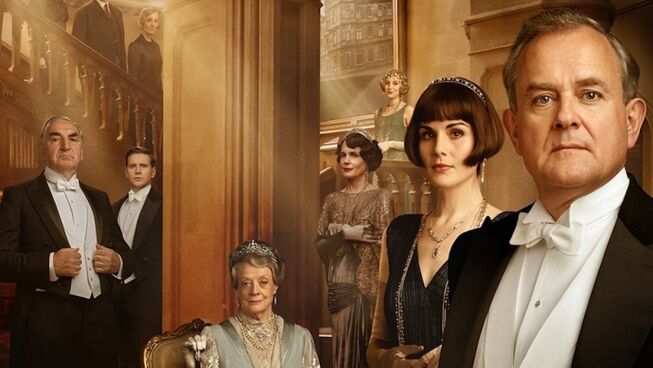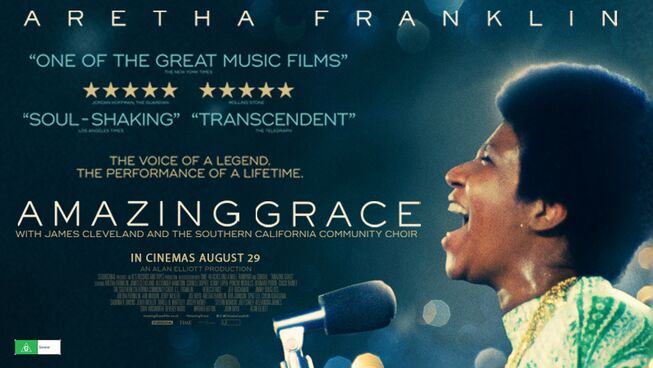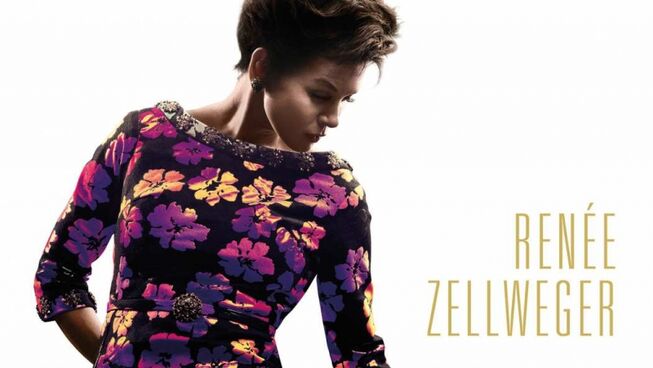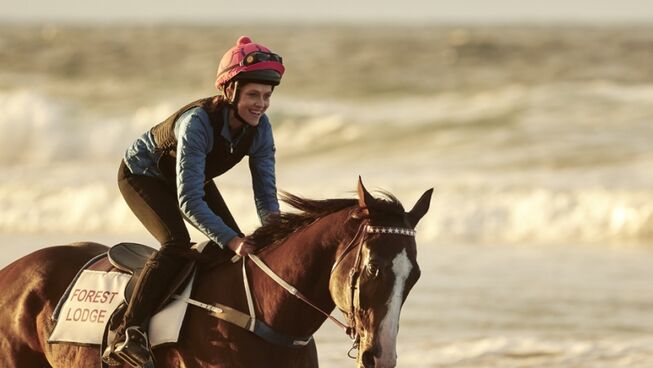
4 stars
For many around the world, the Crawley family and the staff at Downton Abbey became a regular part of their lives for six years. Even after its final season in 2016, fans have continued to connect with the British aristocracy and the drama of all who inhabit the family’s home. Julian Fellowes has been the driving force behind the creation and longevity of portraying the social changes that occurred for the Earl of Grantham and his household. The theatrical release of the film utilise his writing talents and provide the constancy that will put Downton devotees at ease.
To either get audiences reminded or familiarised with the storyline, it might be worth going back through the final season of the BBC production. This cinematic chapter begins where the series concluded with many of the characters settling into the new season of life in the ever changing community of Bampton. Even though different parts of the household and staff have moved into different seasons of life, everyone is drawn back together when the King and Queen of England decide to visit the Abbey. Lady Mary Crawley (Michelle Dockery) is now remarried, but still lives in the family home and is put in charge of all the royal festivities. To help with her anxiety about visit, she reaches out to the recently retired butler, Mr Carson (Jim Carter) to help to get the house ready for the illustrious guests.
All of the dedicated staff and family members strive to get back for the historical event, even Edith (Laura Carmichael), who is now married and lives in a castle with Bertie Pelham (Harry Hadden-Paton). Even with some significant challenges, everything goes to plan until the announcement that the monarch’s staff will proceed the visit of King George V (Simon Jones) and Queen Mary (Geraldine James). Their arrival leads to tensions between the staff of Downton’s and the pretentious team from Buckingham Palace.
The ensuing firestorm that occurs in the lower chambers of the house begins to impact the events surrounding the visit. Adding to this pressure during this important visit, Violet Crawley learns that she will need to confront her past when it is announced that the Queen’s lady-in-waiting is her cousin, Lady Bagshaw (Imelda Staunton). The events that occur upstairs and downstairs lead to a multitude of dramatic, comedic and even action-packed situations that keep one’s attention until the final bell is rung in the Crawley estate.
For everyone who was able to follow this brief synopsis of the latest episode of Downton Abbey, this is the conclusion you have been waiting to see. The creators of the series stay true to the original historical story and provide a satisfactory continuation of the Crawley’s story. This version offers an expansive canvas to paint the pastoral gardens and beauty of the English landscape against. The larger screen does provide a fresh feel despite it being a mere continuation of this familiar yarn of British aristocracy.
What makes this chapter special is how Fellowes makes other supporting staff and family members the true champions of the tale. Even though the focus remains on the imperial visit, the quiet salvation of the family’s honour and property are provided by Anna Bates (Joanne Froggatt) and Tom Branson (Allen Leech). Their actions and leadership prove that everyone involved have a valuable part to play, even if they do not get any accolades. In saying that about the small roles being lifted into more prominence, the best lines of the film are still given to the deserving and masterful talents of Dame Maggie Smith, the matriarch of the House of Crawley.
For the faithful supporters of the series, the script stays true to the dramatic twists under Downton’s roof, with many of the human elements remaining about some key characters. Like the hidden lifestyle of Thomas Barrow (Robert James-Collier) and relational anguish of everyone's favourite cook’s assistant, Daisy Mason (Sophie McShera), their stories manage to get told. That being said, some characters do feel a bit tacked on to tie off loose ends, but these elements do not distract from the overall experience.
In the end, this royal excursion will prove to be safe, but satisfying experience for admirers of the series. The Downton Abbey film will prolong the passion for this period drama, the Crawley household and all it has to offer for the binge-watching viewers of the show.
Reel Dialogue: What is your legacy?
One of the underlying threads of discussion of Downton Abbey continues to be who will continue the family legacy of this estate. Shedding light on the impact that this family's history has on the community around them and whether that influence will remain into the future.
In the Christian tradition, a legacy goes beyond monetary security, political influence or merely protecting the family name. These things are important to ponder, but ultimately they are temporal in the end. Which begs the question, “What is the most important aspect of my legacy I want to pass onto my family?”
For the follower of Christ, this is an eternal consider and is less in a family name and entirely placed in the name of Jesus Christ. The belief in the Saviour’s name is actually the only legacy that will last.
This movie and this discussion open the door to asking all, “What do you see as your legacy?”






